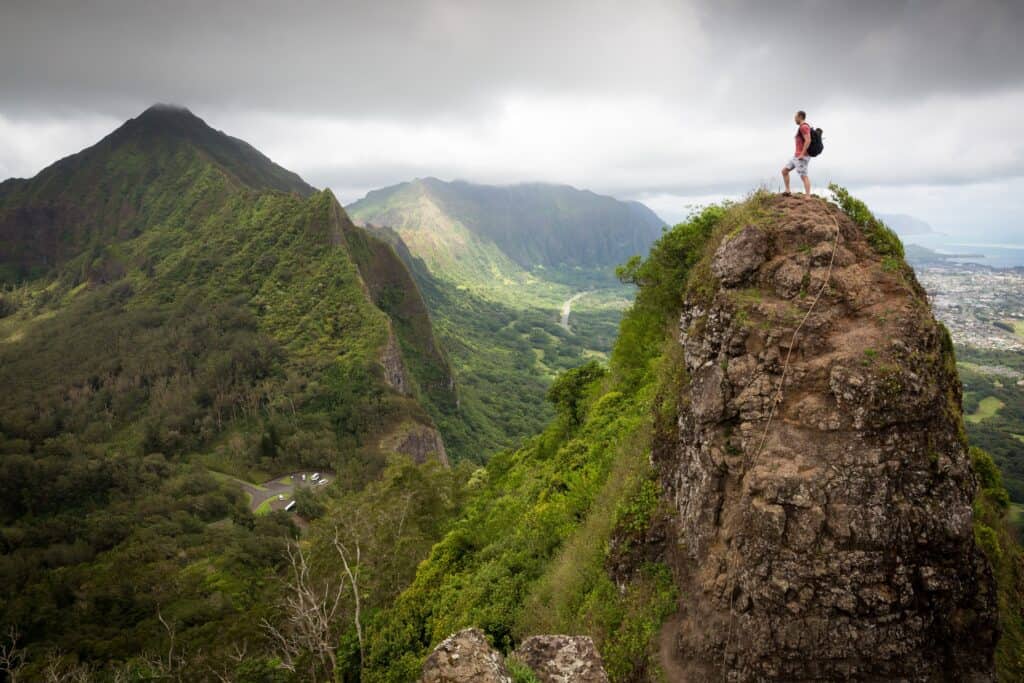
This article is for entertainment purposes and does not constitute medical advice.
Hikers and campers are more than just accustomed to injuries, especially if they’ve been doing what they do for a long time.
They know everything from burns to cuts, rashes, and so on – as well as how to treat them.
However, beginner hikers and campers that want to spend significant amounts of time in nature may not know what to do if they get injured.
It’s more likely that they will treat specific injuries improperly and develop infections – in the worst case.
Therefore, in the following lines, we’ll see how you can treat some of the most common hiking injuries so that you’ll be fully prepared for your next hike.
Deep Cuts
While small cuts are manageable with a bandage and some antiseptic, deep cuts will usually require medical assistance.
The only thing you have to do in such a case is to stop the bleeding and get to a hospital.
To stop the bleeding, you must apply and clean a gauze pad on the area and press.
Light bleeding will stop with gentle pressure, while severe bleeding (damaged veins or arteries) will require more pressure.
Last but not least, avoid walking. This will make your heart beat faster, thus accelerating the rate at which you lose blood. It is better to call for help.
Sprained Ankles
A sprained ankle is probably the most common type of injury for hikers – especially for newbies that don’t watch their step.
If you’re unlucky enough to sprain your ankle, the best you can do is to stabilize it with an ace bandage and get medical assistance.
The latter is not mandatory, but it is better to have the ankle checked to avoid further damage – and get some pain relief medicine, too.
Blisters and Rashes
Walking through dense woods or simply touching one too many plants or green stuff may cause blisters and some nasty rashes as well.
In this case, all you can do is thoroughly wash your hands with soap and water.
On top of that, you can also use some pain relief creams, depending on the severity of the rash – for example, CBD cream can reduce inflammation, not to mention that it can relieve pain like no other cream.
Broken Bones
Naturally, while some sprain their ankles in a moment of carelessness, others even manage to break some bones.
A slippery surface, for example, is the main thing that can lead to both broken arms or legs.
Even a simple slip and fall while you make the tent can lead to a broken bone.
If this happens, you first have to stabilize the area – only immobilize it and do not try to move or realign any of your bones.
Then, call the ambulance or have your group take you to a hospital.
If you’re in shock, you may also experience shortness of breath or loss of consciousness – make sure that all of those that accompany you know what to do in this scenario and how to keep you awake.
The Bottom Line
Naturally, depending on the location of your hike, you may experience other types of common injuries – such as snake bites, heatstroke, frostbite, and altitude sickness.
The main rule for hikers will be to never embark on a trip if they don’t know what to do when the unexpected happens – not to mention if they lack a first aid kit.
In short, hikers who are adequately prepared can go forth with confidence knowing they can handle minor injuries as well as having a plan to get help in the case of more significant ones.
_____
This story is brought to you in partnership with Joy Organics.
Planning a trip? Go Backpacking recommends:
- G Adventures for small group tours.
- Hostelworld for booking hostels.

Jeff Eskow
Monday 20th of April 2020
You are right about sprained ankles, i was hiking one time coming down the mountain and sprained my ankle real bad. These 2 real nice guys put an ace bandage on it with a splint that they made from sticks and carried me down the mountain. Please be careful when you are hiking...
Dave
Tuesday 21st of April 2020
Wow, that's quite a story. Good thing they were there to help you.